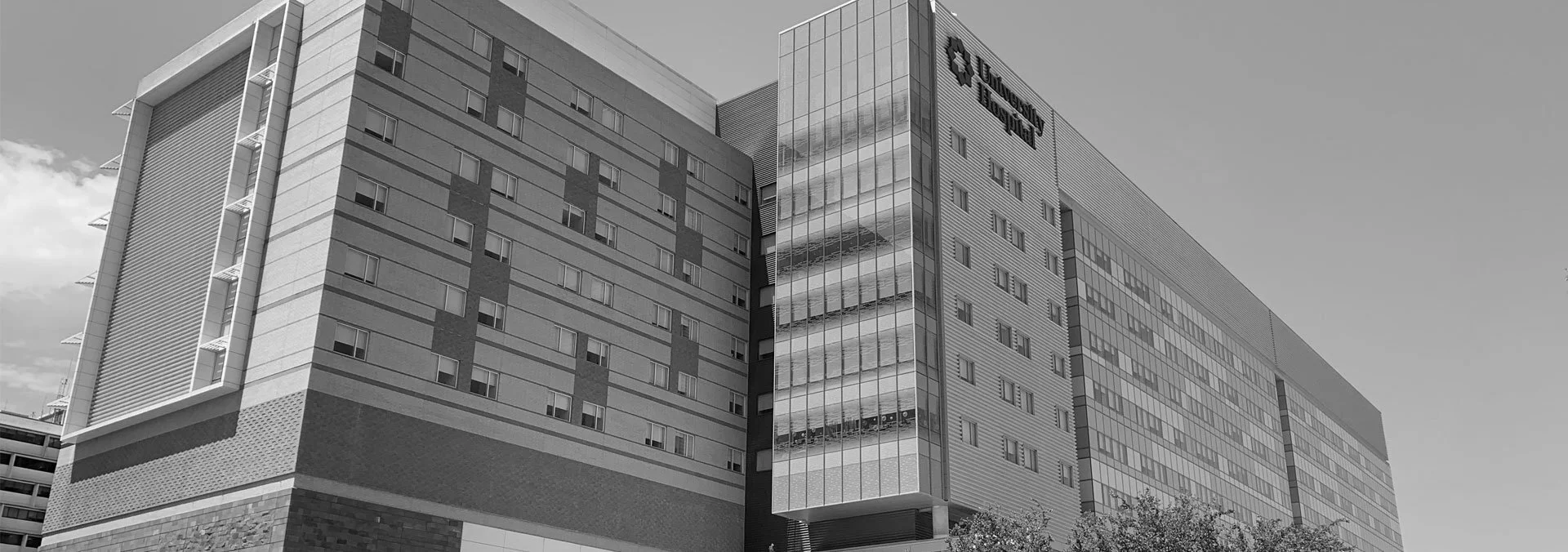OVERVIEW
The program aims are to graduate residents capable of independent practice and ready for deployed medicine, to provide background in all orthopedic disciplines, and to promote advocacy, research and self-directed, adult learning. Each class consists of 6 residents (3 Army and 3 Air Force).
Our goals created to reach the program aims are as follows:
• Facilitate a balanced education that fits within the framework of the ACGME core competencies
• Resident completion of sufficient case numbers for competency and confidence
• Support an academic program that provides a foundation for adult learning
• Foster a solid research foundation that furthers a spirit of investigation
POST-GRADUATE YEAR (PGY) I
All of intern year is completed in San Antonio. Six months are dedicated to orthopaedics during which interns will work on trauma and hand. They get early experience taking consults and trauma call, reducing fractures and trauma management. The remaining six months are dedicated to non orthopaedic rotations. Interns rotate through trauma surgery, plastic/hand surgery, neurosurgery, basic surgical skills, ICU, and MSK radiology.
Conferences/Training Courses: "Intern boot camp" (combination of lectures, cadaver and sawbones-based labs), ATLS offered to those interns attending the Combat Casualty Care Course.
PGY II
Second year residents remain in San Antonio and have increased responsibility with in-house primary call and intern supervision. From this point forward all rotations are orthopaedic disciplines. Second year residents rotate through trauma, foot and ankle, sports, and adult reconstruction. They work directly with and are supervised by the chief residents and staff and take an active role in teaching and supervising the interns.
Conferences/Training Courses: AO or OTA Basic Fracture Course
PGY III
Third year of residency is comprised of orthopaedic rotations at SAMMC (hand, pediatrics, spine), University Hospital in San Antonio, Rady Children's Hospital San Diego, and the San Antonio VA system. Third years take trauma call and pediatric call during the course of their outside rotations. They earn more independence as more operative experience is gained.
Conferences/Training Courses: AAOS/AHKS Resident Arthroplasty Course.
PGY IV
Fourth year marks the beginning of senior-level responsibility, including home call instead of in-house. Residents rotate at SAMMC through spine, foot and ankle, and tumor. They complete away rotations at the United States Air Force Academy in Colorado Springs, CO. They also work with the San Antonio Orthopaedic Group for adult reconstruction and at The Children's Hospital of San Antonio for a pediatric rotation. Residents gain more autonomy in the operating room and get to participate in a variety of experiences at different facilities which broadens their surgical experience.
Conferences/Training Courses: Enneking Seminars in Musculoskeletal Pathology.
PGY V (CHIEF YEAR)
Chief residents remain in San Antonio for the entire year. During this final year of general training, residents finalize their skills in operative specialties pertinent to generalists in any military practice. They are also charged with the education of junior residents. Depending on their schedules, chief residents rotate through Trauma, Sports, Adult Reconstruction and Hand. Chief Residents have day and night call responsibilities supervising the junior residents and the operating room.
Conferences/Training Courses: Three elective courses are offered based on the chief residents’ needs/desires. Each PGY5 will attend one of the following courses:
• Arthroscopy Association of North America & Society of Military Orthopaedic Surgeons Shoulder Arthroscopy Course
• AO Advanced Principles of Fracture Management Course (gives additional focus on management of more complex periarticular, pelvic and acetabular fractures)
• International Congress for Joint Reconstruction Hip & Knee Course (includes small group didactics and cadaver labs with a renowned international faculty)
CURRICULUM
Academics occur weekly on Wednesdays from 0700-1100. The curriculum focuses on essential topics in orthopaedics. Faculty surgeons provide expertise during core-topic lectures whiles residents facilitate discussion with case-based presentations and peer-to-peer instruction. Quarterly Visiting Professors provide in-depth knowledge and experience over a two-day visit. Journal club is conducted monthly. The program incorporates simulation and sawbones/cadaver labs regularly. Common components:
• Built-in team training with team specific curriculum
• Peer-to-peer teaching
• Surgical indications conference
• M&M conference monthly
• Surgical simulation Labs
• Surgical cadaveric skill sessions
• Comprehensive Competency-Based Education--direct observation of surgical and clinic performance with extensive structured feedback. Innovative quantitative determination of resident skills pioneering education beyond ACGME and ABOS requirements.


